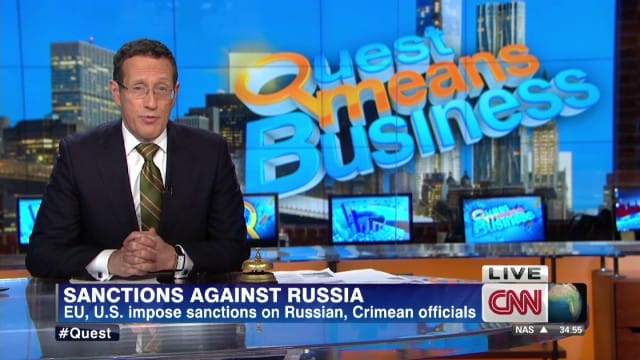In a significant move to address the ongoing geopolitical tensions stemming from Russia’s military actions, the United States has unveiled a new round of sanctions designed to restrict the flow of Russian oil to two of its largest consumers, China and India. This initiative is part of a comprehensive strategy aimed at curtailing Russia’s ability to finance its military operations through oil revenues, which have remained robust despite previous sanctions.
The sanctions come at a time when the global oil market is already experiencing volatility due to various factors, including the aftermath of the COVID-19 pandemic, supply chain disruptions, and fluctuating demand. The US government has expressed concerns that continued oil exports from Russia to these countries could undermine the effectiveness of existing sanctions and prolong the conflict in Ukraine.
The new sanctions are expected to target not only the direct sale of Russian oil but also the financial mechanisms that facilitate these transactions. This includes measures aimed at penalizing companies and financial institutions that engage in or support the purchase of Russian oil. The US Treasury Department has indicated that it will work closely with international partners to ensure that these sanctions are enforced effectively and that violators face significant consequences.
China and India have emerged as key players in the global energy market, and their continued importation of Russian oil has raised eyebrows in Washington. Both countries have maintained a relatively neutral stance regarding the conflict in Ukraine, opting instead to prioritize their energy security and economic interests. As a result, they have continued to purchase Russian oil at discounted prices, which has allowed Russia to sustain its oil revenues despite the sanctions imposed by Western nations.
The US sanctions are likely to have a ripple effect on the global oil market. Analysts predict that these measures could lead to increased competition for alternative oil supplies, particularly from the Middle East and the Americas. Countries that have traditionally relied on Russian oil may need to seek new partnerships and suppliers, which could alter the dynamics of global energy trade.
In addition to the economic implications, the sanctions also carry political weight. The US aims to signal to its allies and partners that it is committed to holding Russia accountable for its actions. By taking a firm stance on Russian oil exports, the US hopes to galvanize international support for its broader strategy of isolating Russia economically and diplomatically.
However, the effectiveness of these sanctions remains to be seen. China and India have both expressed their intent to continue securing energy supplies to meet their growing demands. The challenge for the US will be to persuade these countries to align with its sanctions without jeopardizing their energy security. This delicate balancing act will require extensive diplomatic efforts and may involve negotiations to find mutually beneficial solutions.
Moreover, the sanctions could also lead to unintended consequences. For instance, if China and India are unable to secure sufficient oil supplies from Russia, they may turn to other sources, potentially driving up prices in the global market. This could have a cascading effect on economies worldwide, particularly those that are already grappling with inflation and energy shortages.
As the situation evolves, the US will need to monitor the impact of these sanctions closely. The administration may need to adjust its approach based on the responses from China, India, and other key players in the global oil market. The goal will be to ensure that the sanctions achieve their intended purpose without causing significant disruptions to the global economy.
In conclusion, the US’s decision to impose stricter sanctions on Russian oil exports to China and India marks a pivotal moment in the ongoing geopolitical landscape. As the world watches how these measures unfold, the implications for global energy markets, international relations, and the future of the conflict in Ukraine will be closely scrutinized. The effectiveness of these sanctions will depend not only on their implementation but also on the willingness of other nations to cooperate in the effort to limit Russia’s oil revenues.



